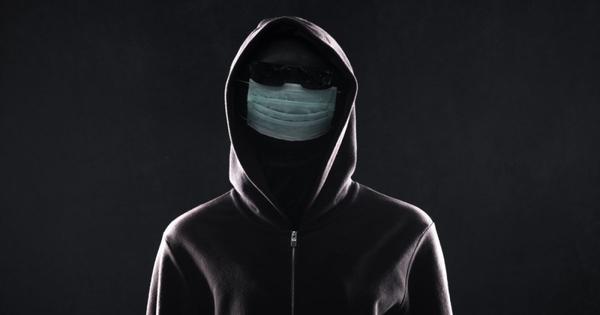"The Court (...) discusses the referral to the High Court of Cassation and Justice for the clarification of legal issues, namely: the qualified version of the theft offense provided by disp. art. 228 para. 1-art. 229 para. 1 lit. c) Cp? ”, in the evening in the decision of the Bucharest Court of Appeal, consulted by Adevărul.
The hearing prosecutor also agreed with the High Court of Cassation and Justice in this matter.
"The representative of the Public Prosecutor, having the floor, considers that he agrees with the issues as invoked, ex officio, by the court, is related to the case, respectively relevance in the present case deed, in a public space, where its conduct was mandatory ", according to the document.

In the present case, if the legal provisions regarding simple theft were applied, the defendant would risk a fine or a sentence of between 6 months and 3 years in prison. On the other hand, if the legal framework remained qualified, it would risk between 1 year and 6 years of detention.
"At the interpellation of the Court, the appellant-defendant states that the appeal is mainly based on the fact that the court of first instance rejected the request regarding the change of the legal classification of the crime of aggravated theft in the crime of simple theft, retaining disp. art. 229 para. 1 lit. c) Cp, although the wearing of protective masks was mandatory, and, in the alternative, the reindividualization of the applied punishment, considering that it is necessary to reduce the amount of the applied punishment, as he paid the damage ”, according to the quoted document.
The man investigated in the case is accused that on May 30, 2021, "while wearing a mask on his face covering his nose and mouth, taking advantage of the injured person's carelessness, he stole his Iphone X mobile phone from his pocket", the value of the product being estimated at 4,000 of lei. The theft took place in a store in Bucharest. In the first instance, the suspect was sentenced to 1 year in prison.
"The court of first instance also acknowledged that, although during the commission of the alleged crime the inmate was required to wear a mask in closed spaces, it could not be denied that the defendant took advantage of the legal provision precisely to commit the alleged crime and not be easily recognized. (..) The court of first instance considered that the person wearing the mask, even if required by law to do so, provides and accepts that theft will be facilitated and the concealment of the crime will be easier taking advantage of the particular social context ", are the reasons why the court of first instance retained the qualified form of the deed.
